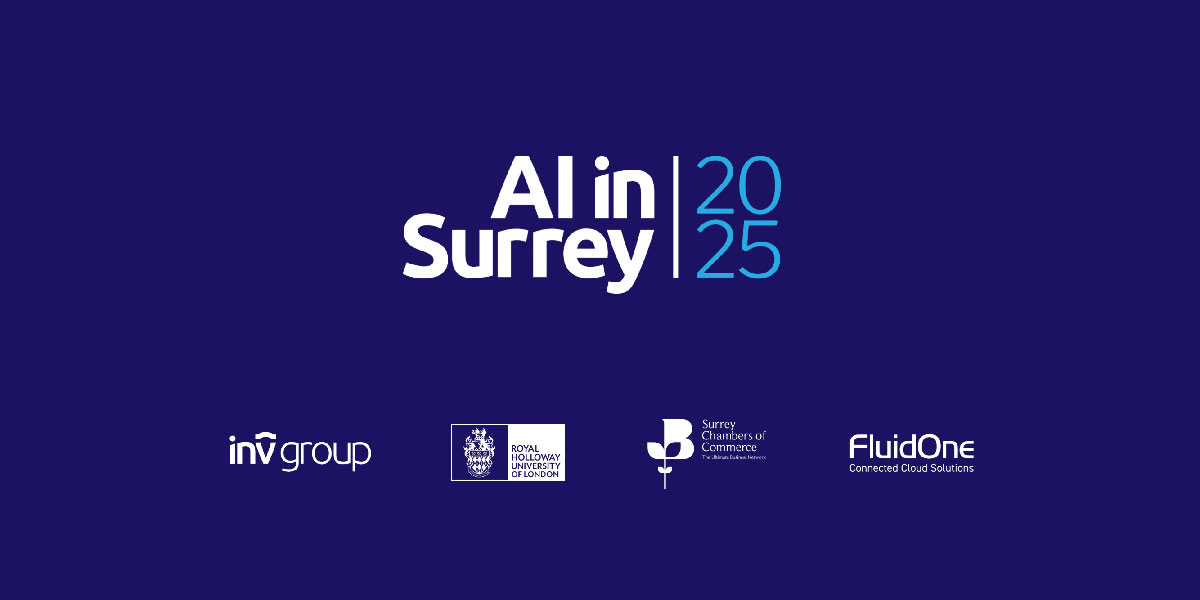For Mental Health Awareness week, here’s a piece I wrote for Forbes. Super ambitions and super goals make for super pain, so I offer several strategies to cope with the superhuman expectations for ourselves.
In my last article, I urged us to commit to changing workplace mental health by reducing stigma. As leaders, I asked that we become more vulnerable and open. In this article, I’ll get more specific. Data from Dr. Joanne Dickson’s study on the relationship between goal-specificity and depression suggest that if one wishes to combat depression successfully, setting general goals is a bad idea.
Why is this? It’s because you’re not super. Here are the reasons why.
- You’re not a child of Krypton. But you’re still someone’s child.
- Underneath your work clothes, there is no Super Suit, just soft gooey flesh.
- You’ve were taught never to complain or cry, but there’s often reason to.
- If you stare at something, it won’t melt. Even if you stare really hard.
- You’re not good at self-compassion (so, failing feels awful).
Let’s break it down.
You’re not a child of Krypton. But you’re still someone’s child.
Like Kal-El and Kara Zor-El, you have inherited some trauma. Perhaps significant, or perhaps not, but every life has its ups-and-downs, and your parents handed you their fair share. Philip Larkin’s cheerless but haunting summation of this truth aside, we now know that our life experiences can directly reverberate in our children’s lives and that of our children’s children. This means children separated from their parents will pass that undoubtedly harrowing experience down to their own children. And this goes for disease markers too. That pizza you’re eating? It’s going to travel down the gene pool.
Michael Skinner from Washington State found that changes to the epigenome, which affects how gene expression works, are passed down through the generations. This inherited trauma chain is very much with you, which means that you carry some baggage, like it or not. To be more emotionally resilient, we need to acknowledge this fact: that we are never alone. Even at our loneliest, we carry a history, and it speaks to us through our bodies. Listen with care, as though you might listen to a hurt child, and you’ll find you don’t need to be so tough on yourself. If you’re a leader, do this for yourself and then practice on others. It will open lines of communication in your workforce you never knew existed.
Underneath your work clothes, there is no Super Suit, just soft gooey flesh.
You don’t have a Super Suit. Unlike Clark Kent and Linda Lee, once things go pear-shaped, you can’t just take your expensive work clothes off and spring into life-saving action. As I mentioned above, you need to be kind to yourself, because when things get tough, getting tougher is simply the worst plan. Soften. Give into your real, liquid shape, and all its wonderful and horrid human weakness. Suffer. It will help.
You’ve were taught never to complain or cry, but there’s often a reason to.
Since you were a child, you’ve been told never to complain and never to cry. But now, as an entrepreneur or intrapreneur, as a business leader, as a mother, as a father, you find plenty to complain about, and even more to decry. This dichotomy feels unfair because it is. Don’t bottle it up. Talk about it, even if you have somehow, as many people do, shrunk your social interaction circles as you progressed through your career to echelons where showing weakness is not only taboo, but somewhat disgraceful. Try them out. You’ll be surprised how much they want to share themselves, and refreshing your social support network will make all the difference.
If you stare at something, it won’t melt. Even if you stare really hard.
It’s impossible to fight severe hardship (see point 2) with steely resolution. Steeling yourself towards political stances you see as inane (and both sides of the current equation political equation will find that difficult presently), or seemingly cataclysmic crises and pandemics, will only result in your mind and body suffering from overload. Like a tired toddler, you sill succumb. Learn from the Stoics, and practice Apathea, whereby you give up on strong passions and furies, and instead quietly let the insanity wash over you as you methodically go about pursuing carefully defined, achievable goals. Each will bring you closer to a state of contented rationalism. Why are carefully defined goals important here? I refer you to Dr. Dickson’s study once again.
Super Ambitions and Super Goals Make For Super Pain
If setting generalized, as opposed to specific, goals sets you up for self-recrimination and depression in working and personal life, what do you imagine we should do about personal, general ambitions? That’s right. Get specific there, too. Must try to respond with less annoyance when my teenage son tries to manage putting dishes in the dishwasher with his barely-controllable baby-giraffe limbs. Will find a small 20-minute window in which I will talk to myself (yes, that’s right, talk to yourself) with kindness about things I want to be but aren’t yet. Must leave a note for my co-worker to thank him for what he did, unasked, in my stead.
Self-kindness, self-compassion, is a difficult practice. It will take you through all the issues above, whether you ask or not. You will need to talk to yourself as though talking to a loved one. But if you do, you will gain a larger perspective.
Key takeaway: self-compassion matters more than ever. It’s a key part of resilience overall, but it’s challenging to exercise because we’re always in danger of getting caught up in our own story.
Dr. Kristin Neff puts this in a concise, powerful way:
You will fall short of your ideals. This is the human condition, a reality shared by all of us. The more you open your heart to this reality instead of constantly fighting against it, the more you will be able to feel compassion for yourself and all your fellow humans in the experience of life.





